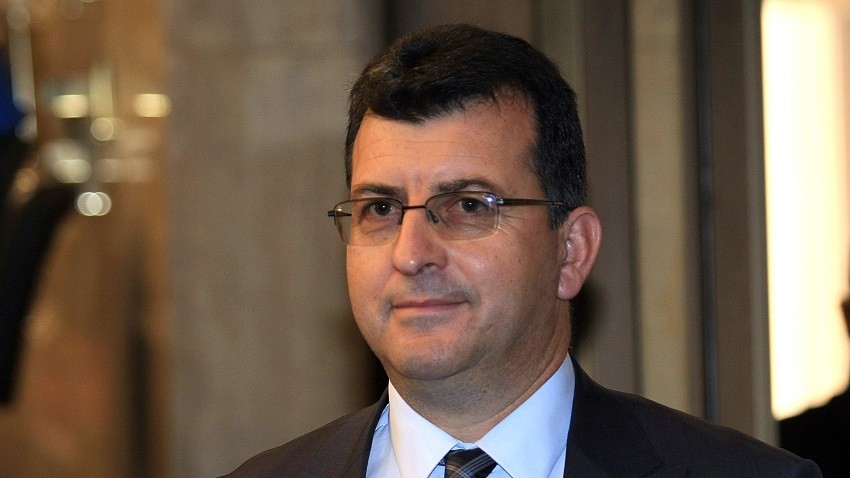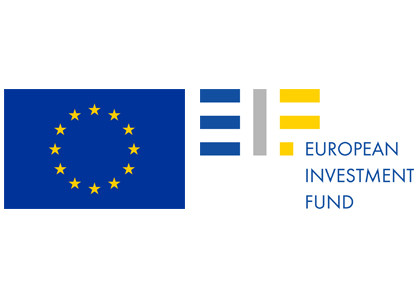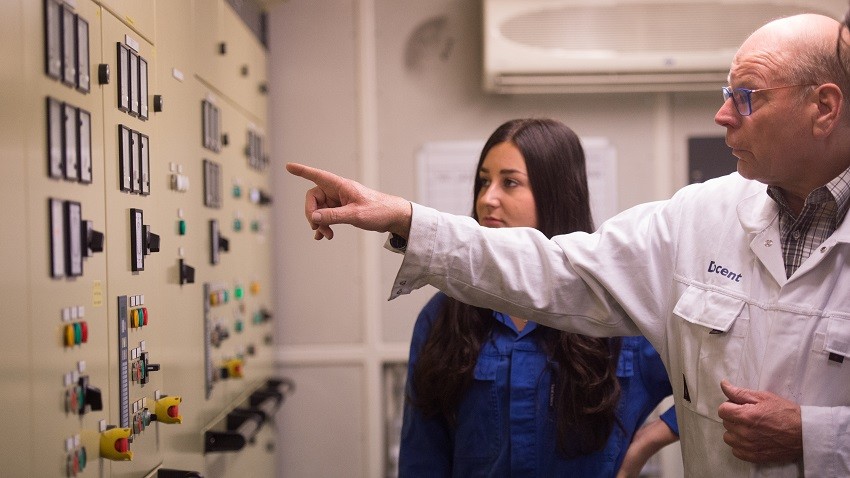The European Investment Fund (EIF) and European Commission will help individuals and organizations who want to invest in skills development and education. The new pilot guarantee facility totals 50 million euro and will provide support for some of the most critical sectors at the moment - health, education, security, digital and green economy.
"The goal is for the largest possible number of people and companies to benefit from this new debt financing initiative, which stimulates investments in education, training and skills development," MEP Asim Ademov said. "This is extremely important because it is part of the solution for helping more people find work and respond to the European economy’s changing needs."

The initiative is especially important today when millions of European citizens are in a difficult economic situation due to the coronavirus pandemic, the MEP added. According to him, investment in skills would contribute to growth and accelerate economic recovery.
"The European Investment Fund will provide a free-of-charge first-loss capped guarantee to selected financial intermediaries building up new portfolios of debt financing," Asim Ademov says. “This means that recipients will have access to various forms of finance, such as loans, deferred payments, loans related to income through dedicated financial intermediaries, such as financing institutions, universities, and vocational training centres. Thanks to the guarantee provided by the European Union, approved applicants will have easier access to funding under better conditions."
 According to European Commission Vice-President for Promoting our European Way of Life, Margaritis Schinas, the pilot scheme has the potential to mobilize EUR 200 million in investments in developing education and skills in order to help building more resilient and inclusive societies and economies while the EU recovers from the COVID-19 pandemic. "The new Skills & Education Guarantee Pilot offers students, learners and businesses new options to find the support needed to develop their skillsets and grow, while addressing challenges linked to digital transformations and the transition to a carbon-free economy,” EIF Chief Executive Alain Godard adds.
According to European Commission Vice-President for Promoting our European Way of Life, Margaritis Schinas, the pilot scheme has the potential to mobilize EUR 200 million in investments in developing education and skills in order to help building more resilient and inclusive societies and economies while the EU recovers from the COVID-19 pandemic. "The new Skills & Education Guarantee Pilot offers students, learners and businesses new options to find the support needed to develop their skillsets and grow, while addressing challenges linked to digital transformations and the transition to a carbon-free economy,” EIF Chief Executive Alain Godard adds.
The new scheme will be available to students who wish to continue their education and improve their skills in academic environment. Mobility of people under educational programs in other EU countries will also be supported. The pilot scheme is also suitable for European companies investing in skills development in order to increase productivity and preserve jobs. The guarantee mechanism will help European organizations active in the field of skills development, training and education or developing projects in the education field, including through digital means, in training and in the development of educational projects. Kindergartens, early childhood services and other similar organizations are also included in this category.
Why is Europe focusing on skills these days when entire sectors have frozen their activities, many people are facing tough challenges and popular professions are on the verge of extinction in the foreseeable future due to the development of technology?

"All professions have been evolving with the development of digital technologies," says Bulgarian MEP Asim Ademov. “We see that school is not the same as the educational system is also changing and digitalizing. And in order to ensure the smooth transition from education to the professional world, it is important to give the floor to the business, which will play an increasingly important role in education, specifying its own needs. Education, in turn, will have to adapt to these specific needs. That is why it is important to help young people develop skills in relation to the needs of a dynamically changing world, so they could be competitive on the labor market.”
English: Alexander Markov
Photos: ec.europa.eu and BGNESThe Day of the Christian Family is an annual event that brings Bulgarians in Hamburg together. 2025 is no exception, with invitations having been circulating on social media for some time, as this year marks the 20th anniversary of the establishment of..
Kosovo is heading for early elections after nine months of failed attempts to form a government Kosovo President Vjosa Osmani has dissolved Parliament, Koha Ditore reports. This decision came after the proposed cabinet, put forward by Glauk..
Bulgaria celebrates National Reading Day on the third Friday of November. The Reading Foundation is leading the initiative under the motto: “Read. For Real”. According to the OECD's PISA 2022 study, 53% of 15-year-old students in Bulgaria have..
From fear and doubts to joy and support – Bulgarians react differently to the upcoming introduction of the euro on January 1, 2026. For..
Kosovo is heading for early elections after nine months of failed attempts to form a government Kosovo President Vjosa Osmani has dissolved..
The Day of the Christian Family is an annual event that brings Bulgarians in Hamburg together. 2025 is no exception, with invitations having been..

+359 2 9336 661
